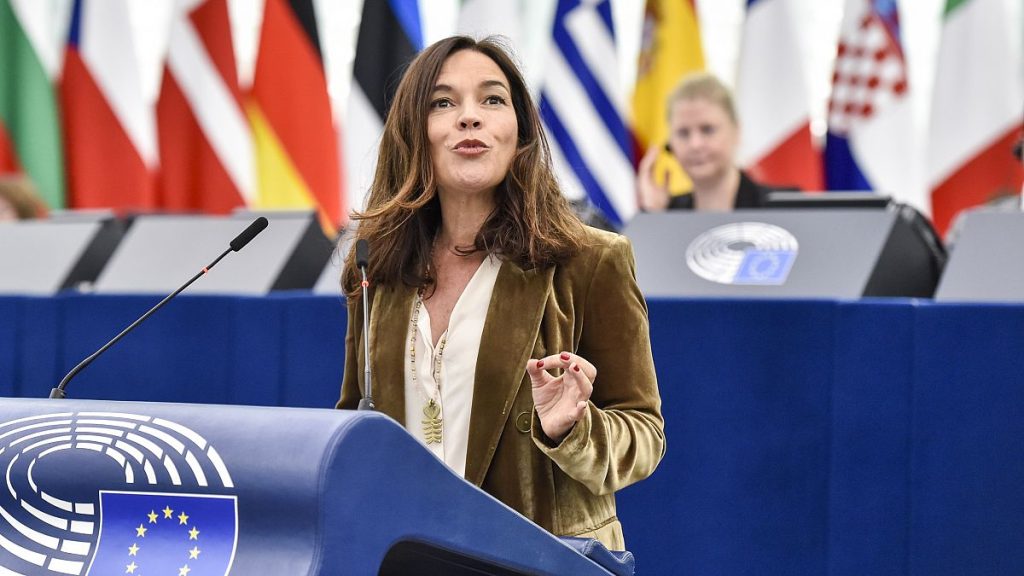MEP Lina Gálvez, the new chair of the European Parliament’s Committee on Women’s Rights and Gender Equality (FEMM), highlighted the main challenges and priorities for the upcoming two and a half years of legislative work. She addressed the issue of parity within the European Commission and emphasized the importance of equal representation for democracy. Gálvez stressed that this principle should be respected in order to avoid a democratic gender deficit and ensure fair decision-making. She also urged EU leaders to uphold the principles of equality and parity, especially at a time when democracy and the rule of law are under attack globally.
Gálvez discussed the gender imbalance within the Committee on Women’s Rights and Gender Equality, where only four out of 39 members are men. She emphasized that while the numbers speak for themselves, equality should not be perceived solely as a women’s issue. The committee’s composition sends a message to citizens that there is still work to be done in terms of gender equality and representation. Gálvez acknowledged the need to integrate men into the conversation on gender equality and mentioned the backlash that occurs when male privileges are perceived to be threatened.
The far-right groups in the European Parliament have historically been critical of the Committee on Women’s Rights and Gender Equality, with some suggesting that it should be scrapped. Gálvez expressed concern about the anti-feminist and anti-gender sentiments within these groups and warned that their agenda could negatively impact the committee’s dynamics. She highlighted the need to combat anti-gender politics and ensure that gender issues remain central to the discussions within the European Parliament.
Looking ahead, Gálvez identified several key challenges for the next parliamentary term. These challenges include the implementation of existing laws such as the EU Directive on combating violence against women, the revision of laws related to rape, and the monitoring of member states’ compliance with gender equality directives. She also emphasized the need to address issues related to pay transparency, skills development, and the impact of the green and digital transitions on gender equality. Gálvez called for gender budgeting and gender-sensitive policy evaluation, as well as the collection of disaggregated data to inform decision-making and ensure gender mainstreaming in all policy areas.
In conclusion, MEP Lina Gálvez outlined her vision for the European Parliament’s work on gender equality, emphasizing the importance of upholding the principles of equality and parity within the EU institutions. She called on EU leaders to prioritize gender equality, combat discrimination, and work towards closing the democratic gender deficit. Gálvez highlighted the need for continued efforts to promote gender equality, address gender imbalances, and ensure that all policies and laws are inclusive and gender-sensitive. By focusing on these priorities and challenges, Gálvez aims to advance the cause of gender equality within the European Parliament and beyond.


